Zambia lies in the heart of southern Africa and is known for the raw, natural beauty of the land and peaceful diversity among its inhabitants. However, along with this beauty, the scourge of poverty leaves many people vulnerable to human trafficking, particularly children. A small but dedicated Love Justice team has been fighting human trafficking there since November 2021, faithfully working to adapt to changes and attack child trafficking with innovative solutions. Recently, they’ve piloted a new project enrolling intercepted children in school—not just keeping them safe from traffickers but also empowering them through education.
The birth of the school sponsorship program
The first young student sponsored through this program was a 12-year-old girl the team found selling goods on the street. There are many children selling things on the streets in Zambia, and at first the team did not consider it to be a form of human trafficking. But in this case, they saw that it was not a safe area for a child to be unaccompanied without a guardian, so they talked with her to learn more. They discovered that her family, under the burden of poverty, sent her out to earn money for them.
With the girl’s permission, they accompanied her on her walk home, about two miles away from where they found her. The mother and two older children were at home, and the mother tried to tell the team that the older children worked as well, and that she didn’t realize how far the little girl had walked by herself to work for them. The team eventually saw that she was hiding the truth—the entire family depended on the income from the youngest child, not understanding the potential danger it put her in. The team realized it was a form of child trafficking.
“We actually intervened in a way that we said, ‘Look, this cannot go on. You’re putting this child in danger, so we’ll try and find a good place for her,’” said Deirdre Magai, the project manager for the team.
They asked Love Justice to sponsor the girl in her community school, and so the program pilot began.
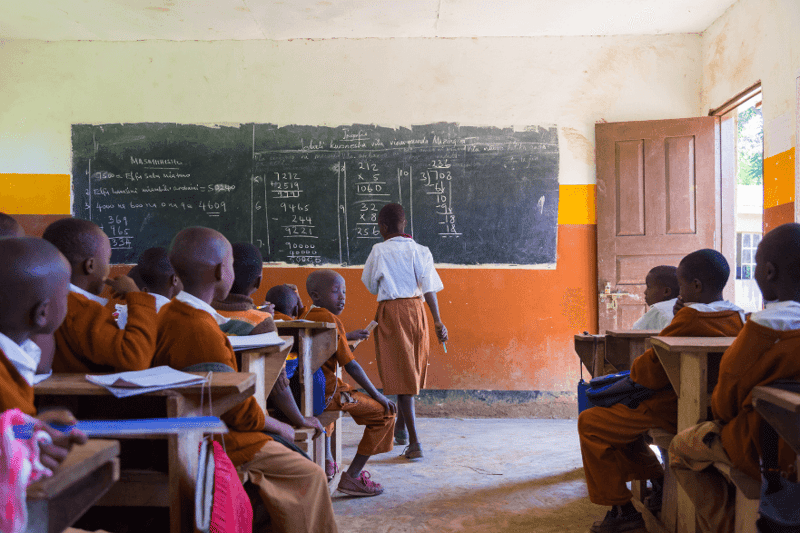
Magai said that although education is supposed to be free in Zambia, the schools often get away with charging fees. The government has done nothing to stop them, and some families cannot afford to put their kids in school because of this expense.
In response to this problem, the team located two community schools in the area where they work that have minimal fees (about $2 per child) and began sponsoring the children they intercepted so they could attend school.
Today, the pilot has over 50 intercepted children enrolled in school, with another 100 waiting for sponsorship.
Child trafficking in Zambia
Child labor such as this is still common in Zambia, although the government has made significant progress in eliminating it. Data from 2021 showed that over 400,000 children between the ages of 5 and 14 were involved in child labor, primarily in agriculture.
Along with children selling goods on the streets, the team has also found many young girls coming in from rural areas to work as domestic helpers in the city, recruited by relatives assuring them they will be able to attend school while they work. When they arrive, they find the job is not as promised—their employer offers no education, and without means to go back home, they are forced to stay and work.
Additionally, although the practice of child marriage is illegal in Zambia, there are some 1.7 million child brides in the country, 400,000 of whom were married before the age of 15.
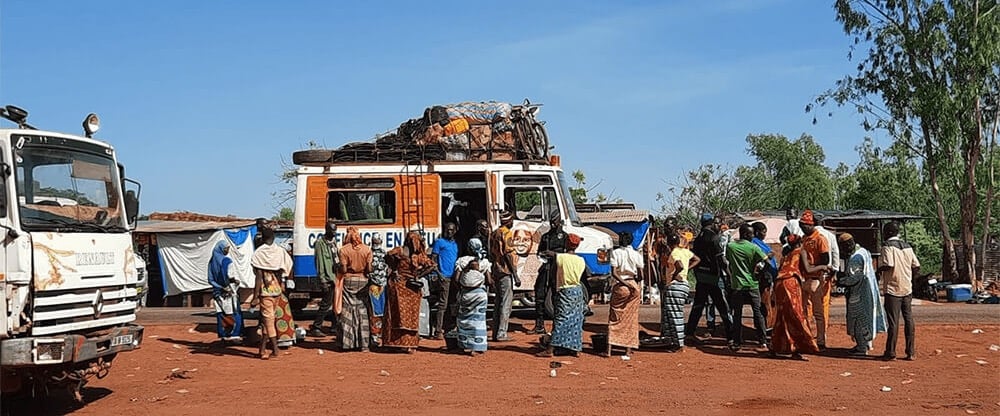
Dreams for the future
Magai shared some of her dreams for Love Justice’s future in Zambia. She hopes to find other partners that can help empower the families of the students—helping them start a small business, find work, etc.—so that the children will not return to the streets when the program ends. Magai also dreams of having a shelter available for intercepted individuals whose homes are not safe to return to, as well as a learning center to teach them useful skills or further their education.
Will you join us in praying for this team? We pray for:
- Justice in the government to uphold the laws against child marriage and child labor and to not turn a blind eye where corruption takes place.
- Partnerships to empower the families of intercepted children.
- Funding to continue expanding the team, programs, and services that we can offer to those affected by human trafficking.
Sign up for our prayer updates to stay in the loop about urgent prayer needs in our work around the globe!
*All data and statistics current at the date and time of publishing. Names changed and some specific locations excluded for privacy and security purposes. Images are representative and do not picture actual victims.
-1.png?width=500&height=500&name=LJI_MAINLOGO_WhiteBackground%20(1)-1.png)


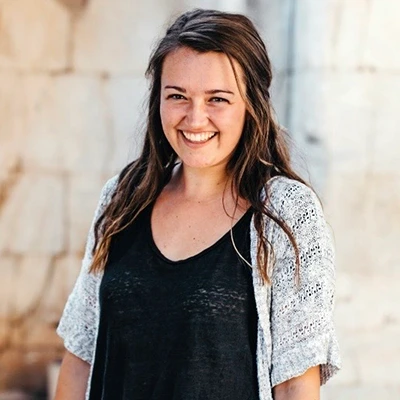
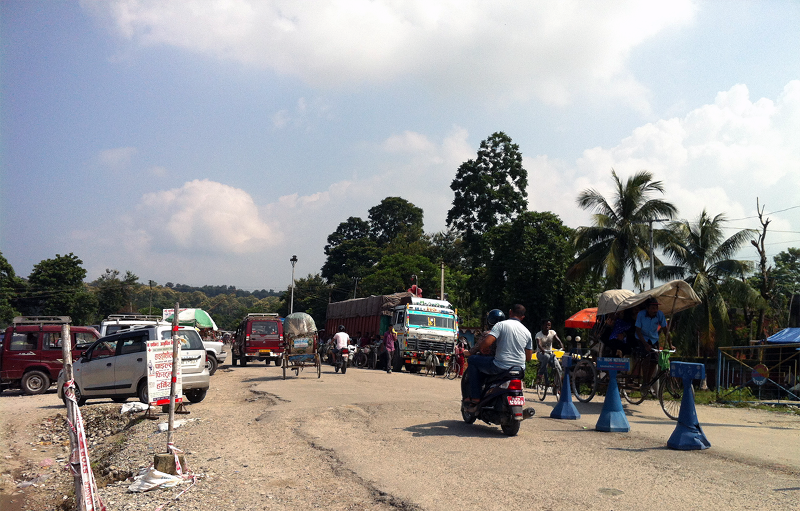
/bimala_feature_blog.webp)
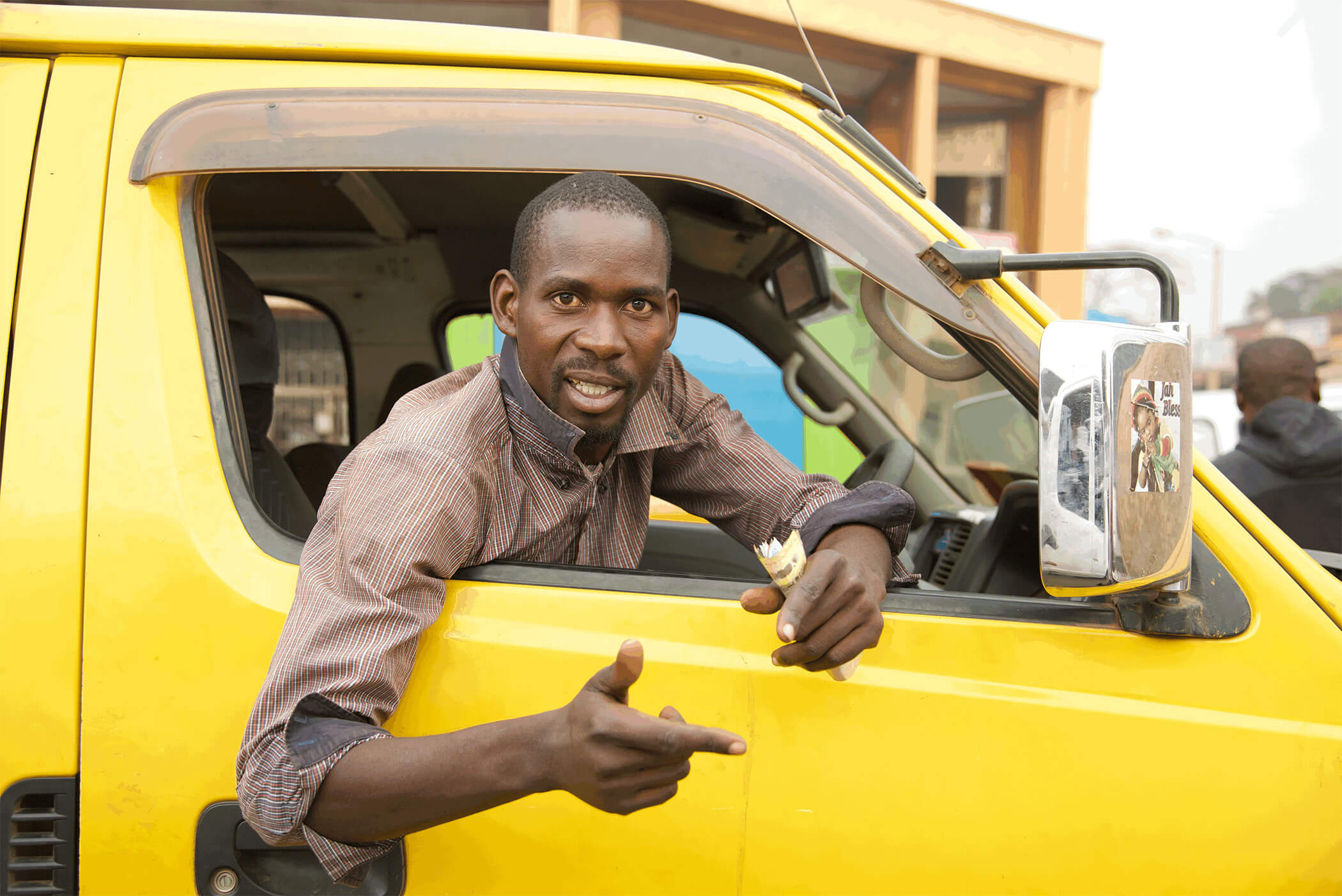
/boy_girl_asia_streets.webp)


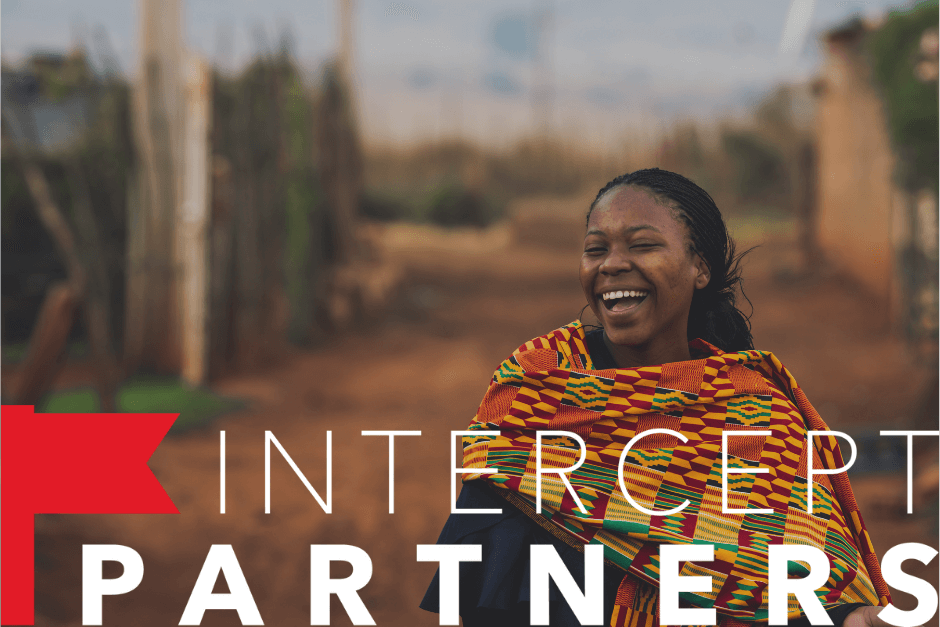

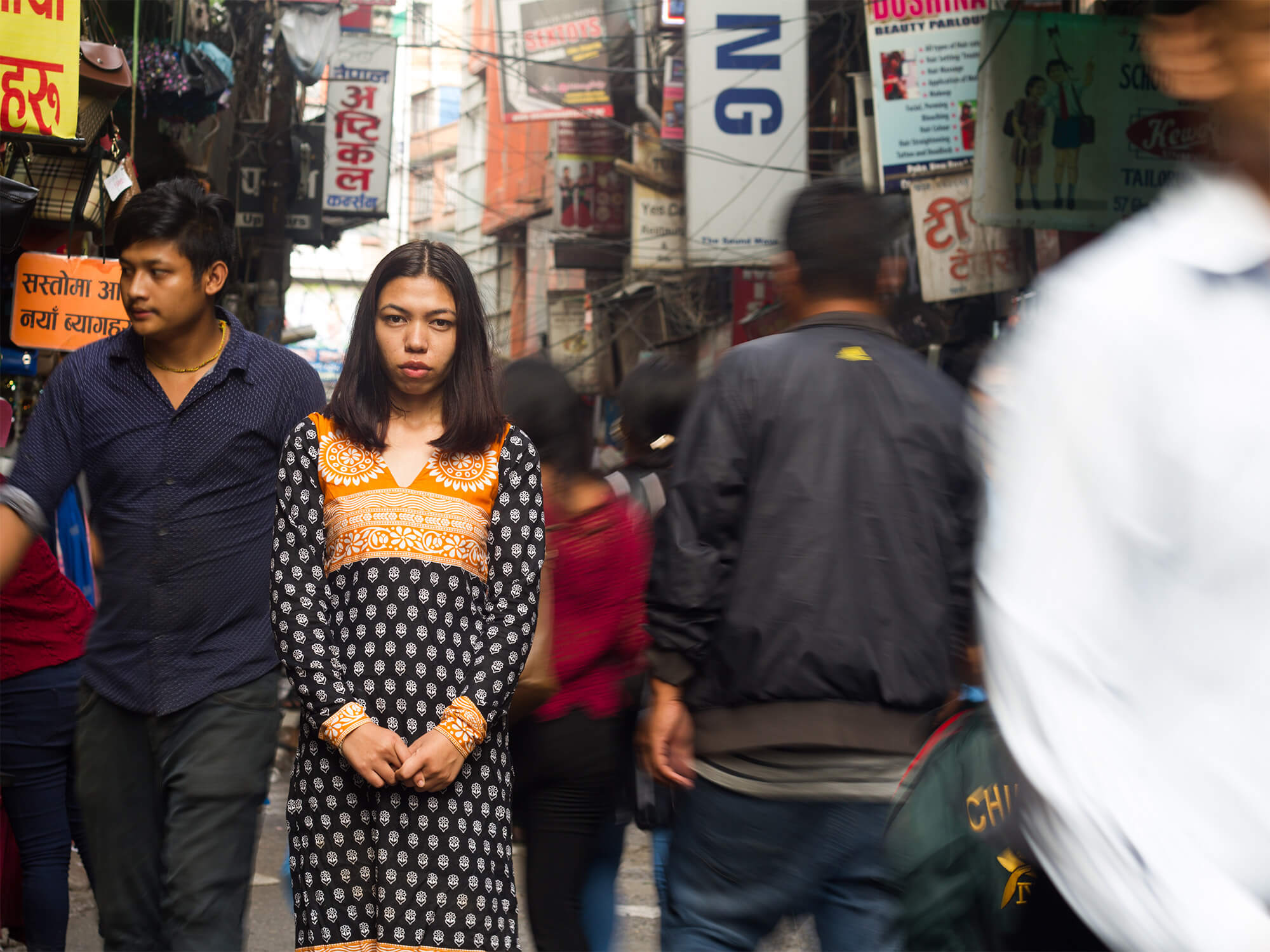


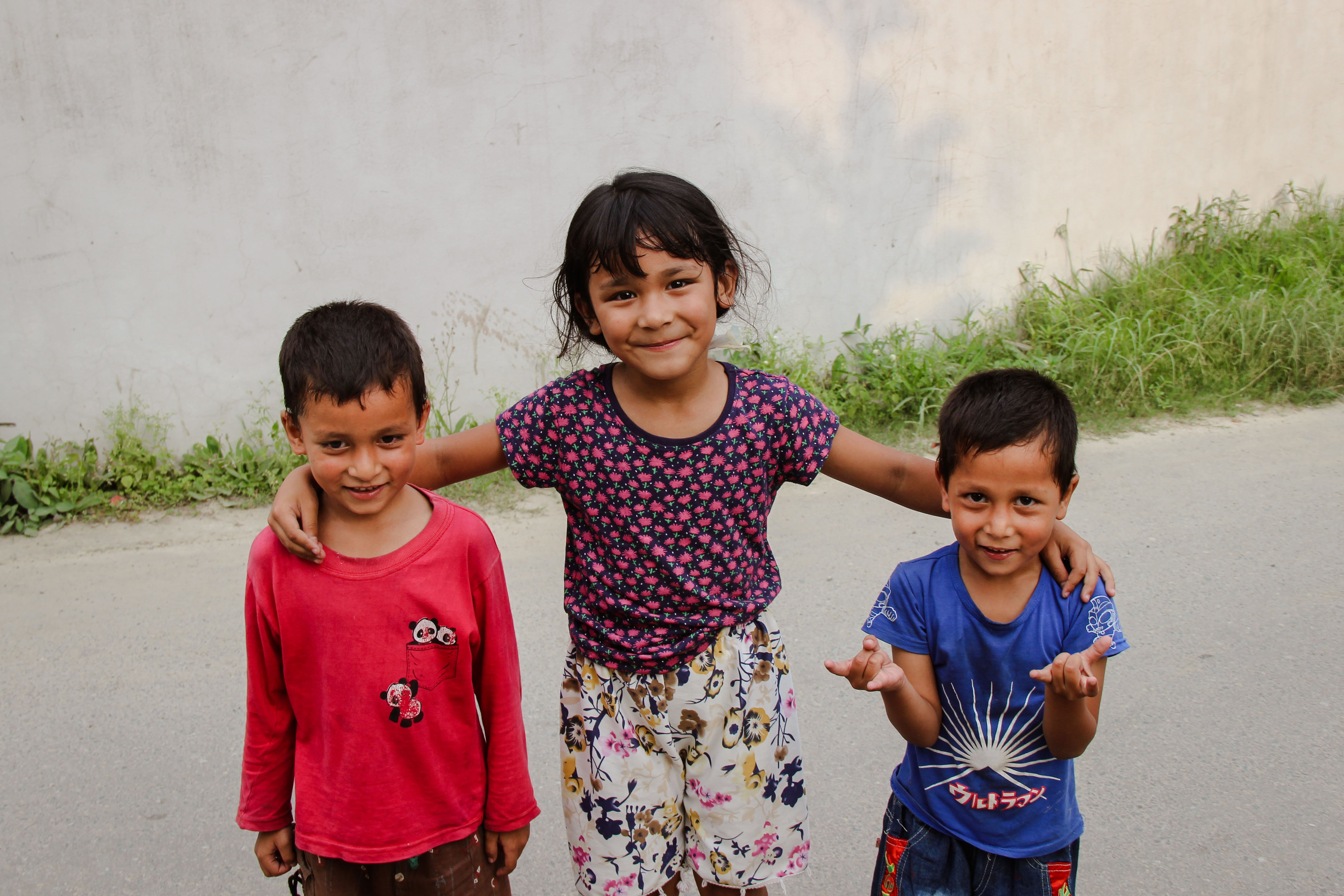
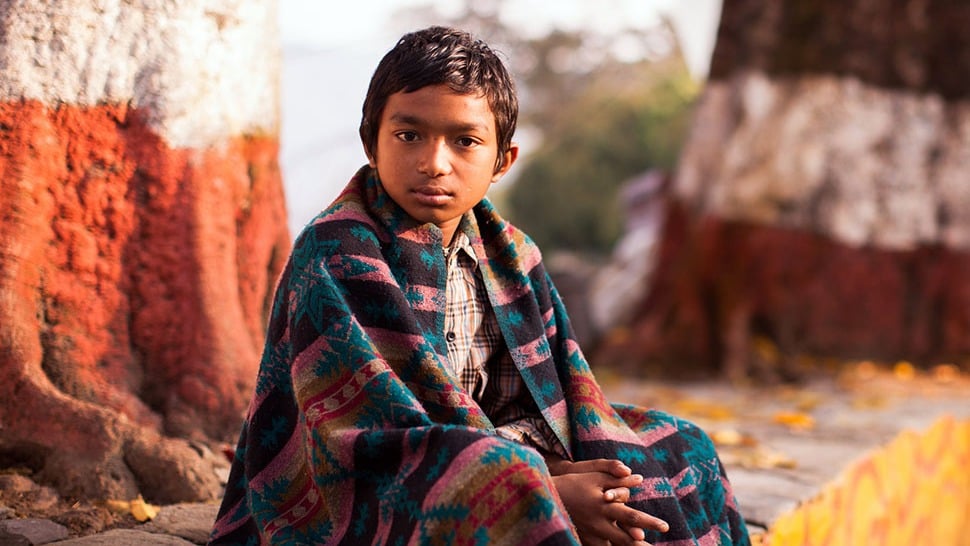
-1.jpg)
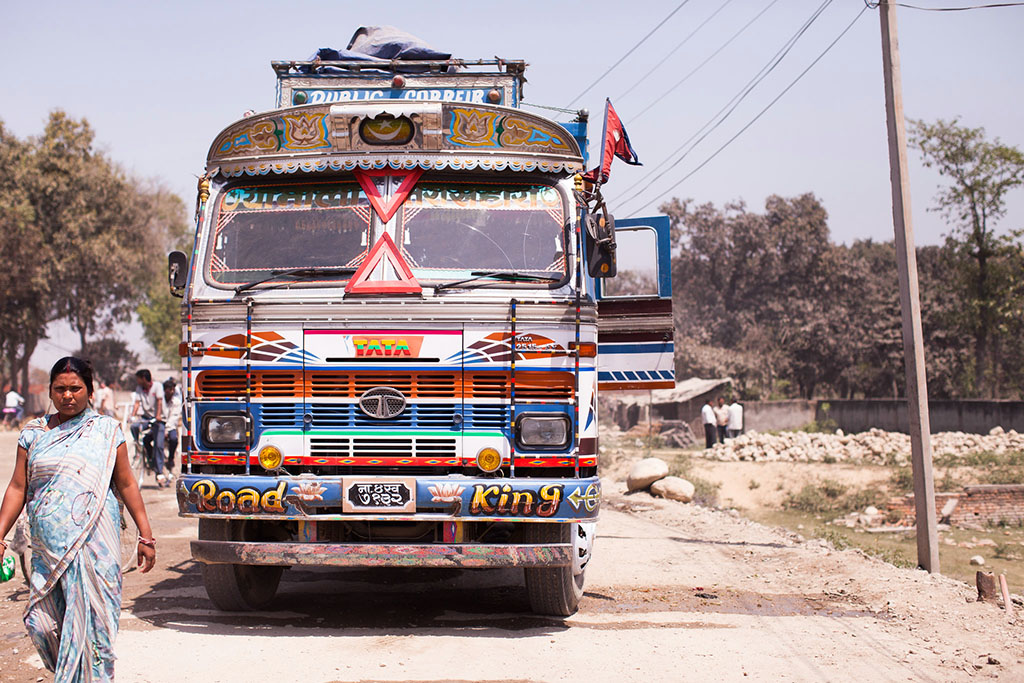
/woman_africa_beige_sweater.webp)
/africa_benin_truck.webp)
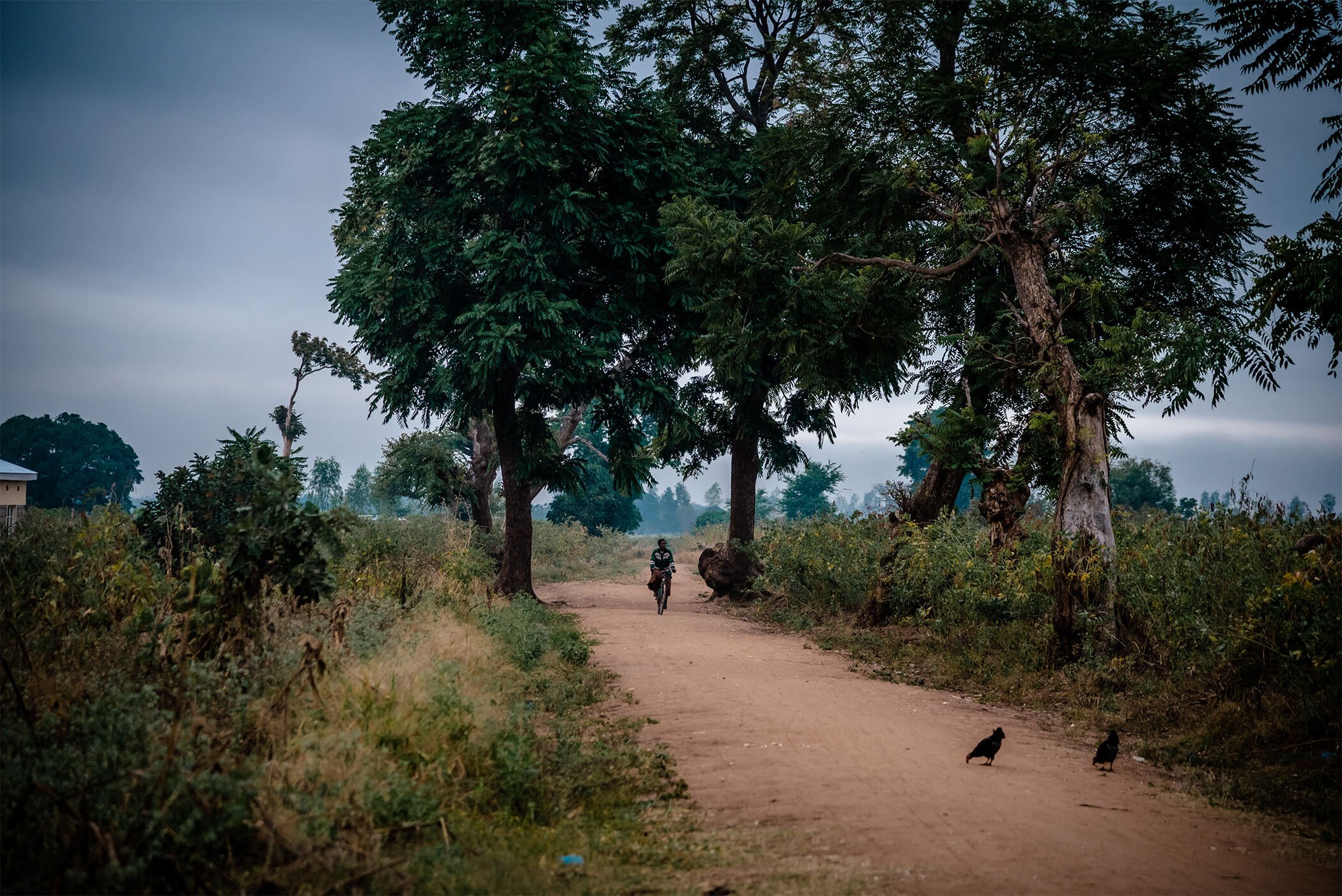
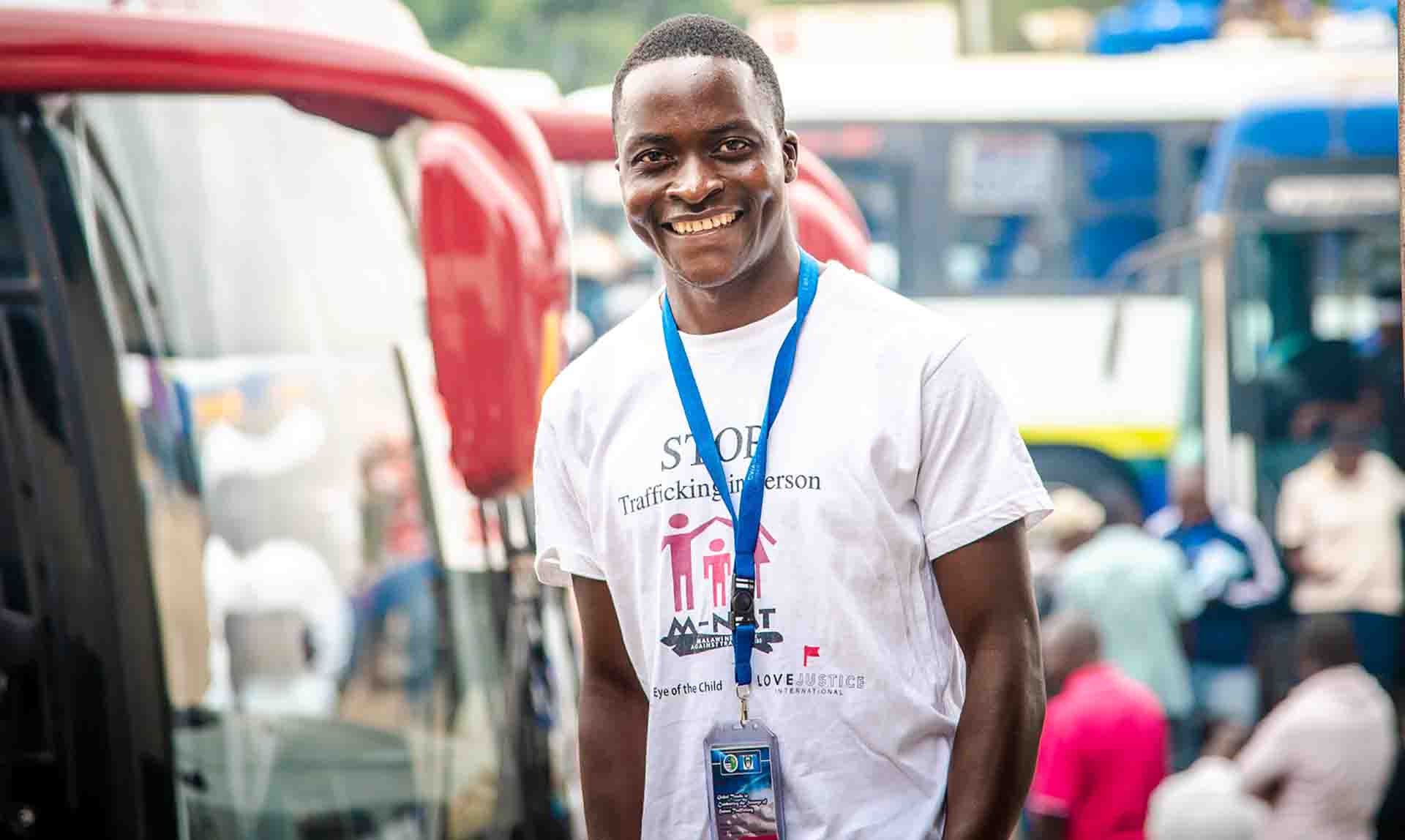
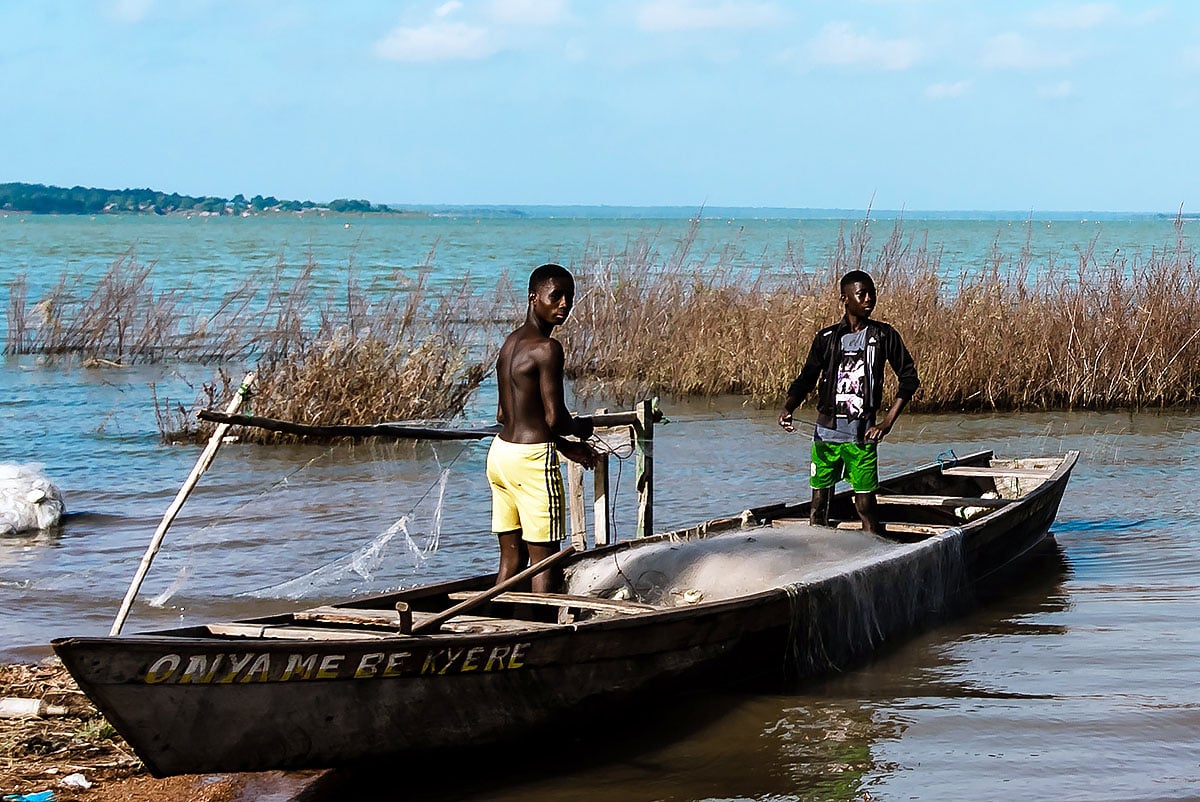
/asia_brothel_girl.webp)
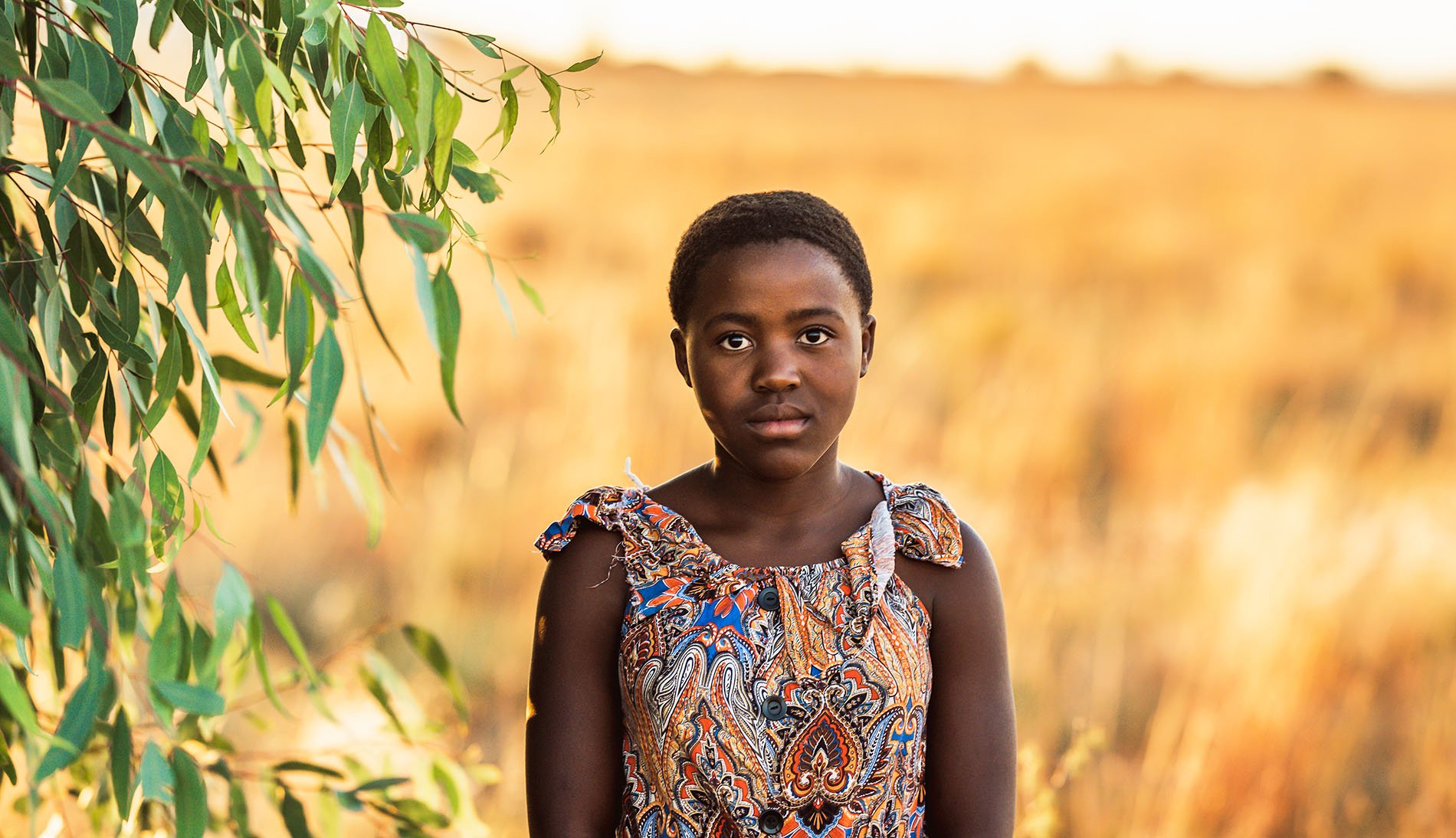




Post a comment